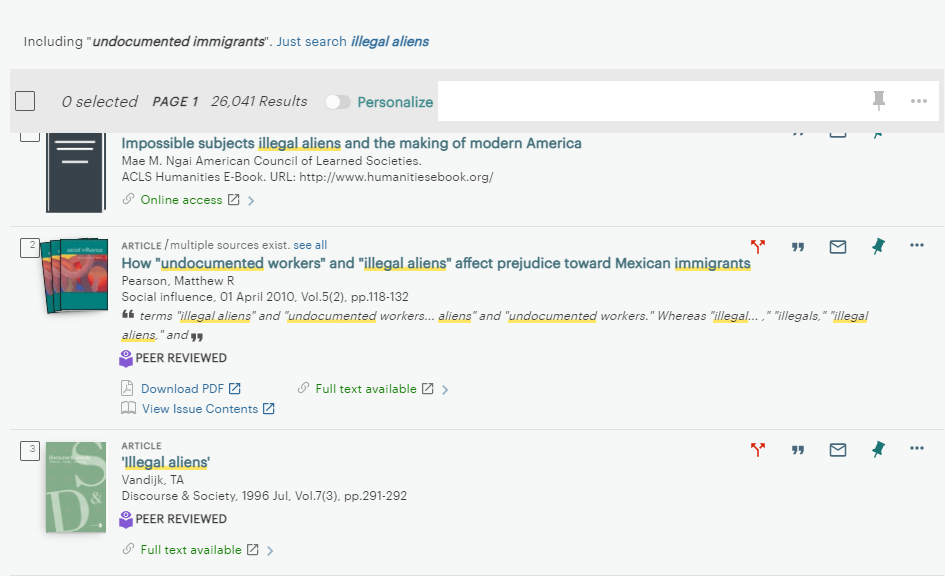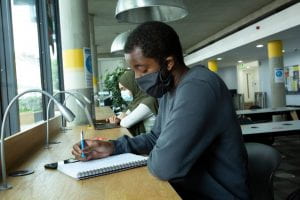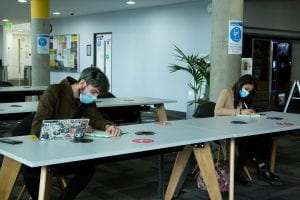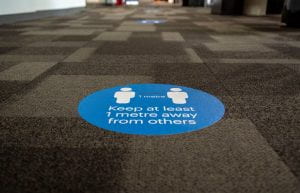
REF 2021 was completed and submitted earlier this year, in March 2021. The assessment by the REF panels is underway now, with results expected to be announced in Spring 2022. In the following Goldsmiths Library blog post, Fred Flagg, one of 3 REF Project Officers at Goldsmiths supporting REF 2021, reflects on this colossal undertaking and on the wider picture of rankings and assessments.
For the first Research Excellence Framework (REF 2014), the named year (2014) was the year of the assessment and release of the results. The work of submission was done by the end of 2013 with the results released in December 2014 (with a submission date in late November 2013 and all of the submitted work had to be published before 2014). For the second REF, 2021 will be both the year of submission and most of the assessment. The REF 2021 results are expected in approximately April 2022. The deadline was postponed four months until March 31st and the Goldsmiths, University of London submission to REF 2021 was submitted on March 25th (announced and celebrated in a 9th April Goldsmiths all-staff email from David Oswell, Pro-Warden for Research, Enterprise & Knowledge Exchange and Jane Boggan, Research Excellence Manager; email summarised at https://goldmine.gold.ac.uk/AdviceInformation/Pages/REF-2021.aspx (Please note that this link is to an internal Goldsmiths intranet site which is not publicly available).
Many other things were on our minds over 2020 and 2021, and the global SARS-COV2/COVID-19 pandemic put an exercise like the Research Excellence Framework in a harsher light than before. How do you weigh and prioritise an exercise to measure national research during a global pandemic? There were debates within the academic community throughout 2020 (example of a case for a longer postponement at LSE Impact blog here, and against further postponement at Wonkhe here). The delay of four months was the biggest mitigation made by Research England, but there were others, mostly allowing for delays caused by the pandemic (REF links here and here).
National assessments like the REF have been accumulating somewhat since the Teaching Excellence Framework (TEF) was launched as part of the Office for Students in 2015/2016. The first Knowledge Exchange Framework was completed and published to little fanfare on 1st March 2021 (see dashboard of results here). Reviews of both the TEF and National Student Survey have already been released this year (with the Subject component of TEF definitively removed, and the NSS largely unchanged for now. Science minister Amanda Solloway discussed the REF in an October 2020 speech, stating that the reforms following 2016 Stern Review didn’t go far enough and that Research England and its counterparts in Northern Ireland, Scotland & Wales will be starting “a plan for reforming the REF after the current exercise is complete.”
Along with these completed (and anticipated) national reviews, it is worth reflecting on the immense local undertaking REF 2021 has been at Goldsmiths. Colleagues across all academic departments, in the Library and across Goldsmiths have completed a large amount of difficult work, in circumstances far more difficult than usual. In the Library Online Research Collections team, as the team that looks after the open-access institutional repository Goldsmiths Research Online, we are responsible for the primary source of data on publications by Goldsmiths researchers. We are currently reflecting on the work behind Goldsmiths’ REF 2021 with the goal of making the next submission as smooth as possible, whenever it rolls around.
Whatever happens with the national reviews and whatever we turn up in our local reflections, the open-access component of the next REF will follow the REF 2021 open access policy for the time being: any research published in a publication with an ISSN will be required to be made open-access within three months of the date of acceptance for publication (following publisher embargo periods as required). The REF open-access policy is linked to UKRI’s open-access policy, so it is expected to change after UKRI releases the new version (expected ca. Summer 2021). The UKRI OA policy consultation gives Research England and UKRI a deadline of “no later than six months after the UKRI policy is announced” for the release of the new REF policy. As the UKRI policy will include a stronger open-access mandate, and is phasing in a new requirement for open-access for books and monographs, it is expected that the new REF policy will also include books and monographs eventually, but not expanding to include them until at least 2024. This would be consistent with the current relationship between the RCUK (now UKRI) OA policy and the REF OA policy, with more strict open-access requirements for work funded by UKRI than for work submitted to the REF.
For anyone who is curious about a different format of research assessment, the Hidden REF is an alternative inspired by the REF that has recently closed (on 14th May) that plans to release its results in June. For another thought-provoking take on metrics and assessment, Lizzie Gadd’s recent post at the LSE Impact blog extends the challenge of re-thinking research assessments even further, to considering the value and ethics of university rankings, with some constructive ideas for change included. National assessments and rankings are not going away, and this observer suspects they are not likely to change drastically anytime soon either. With all of the work, resources and employment invested in assessment, accreditation processes and rankings, it is still worth asking serious questions about them.
Fred Flagg






